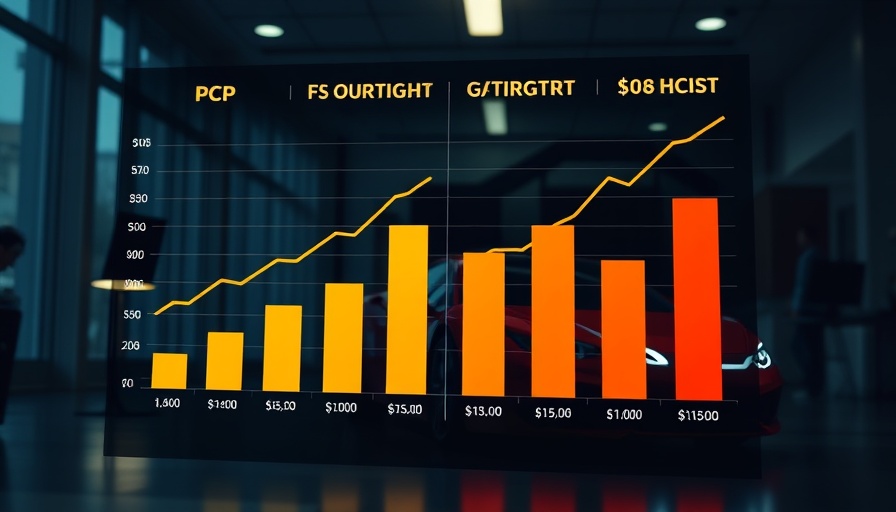
Understanding the Buy vs Lease Dilemma
When considering a new vehicle, one key decision every buyer faces is whether to purchase or lease. Each option has unique financial implications that can significantly impact your wallet, especially for dealerships and operators who need to juggle multiple vehicle types within their fleets. In this article, we'll break down the vital aspects of both leasing and buying to help you make informed choices.
In 'Buy vs Lease Your Next Car: Smart Financial Choices Explained', the discussion dives into the financial impacts of buying versus leasing vehicles, exploring key insights that sparked deeper analysis on our end.
How Leasing Can Lower Your Monthly Payments
Leasing typically offers lower monthly payments compared to financing a purchase. This scenario often appeals to car dealerships with numerous vehicles in rotation. When you lease, you're essentially renting the car for a specified number of years, which means you're only paying for the depreciation during that time addditionally, it allows for flexibility to drive a new car every few years without the long-term commitment.
Buying: Long-Term Financial Advantages
While leasing might feel more affordable in the short term, buying can be a smarter long-term financial decision. Once the vehicle is paid off, the owner is free from monthly payments, which can lead to savings and potential investment in auto repair and maintenance. Moreover, owning a vehicle gives one the flexibility to drive as many miles as desired without concerns about incurring extra fees, making it a better fit for personal use or higher mileage needs.
Usage and Mileage Considerations
Another critical aspect to weigh is how you plan to use the car. If you expect to drive extensively, purchasing a vehicle may be preferable. Leases often come with mileage limits, typically around 12,000 to 15,000 miles a year, and exceeding these limits can lead to hefty penalties at lease-end. Purchasing means you can drive as much as needed without these restrictions, translating to better cost efficiency over time.
Future Market Trends to Watch
The auto market is in constant flux, influenced by technology, consumer preferences, and economic factors. With the rise of electric vehicles and more efficient models, understanding current and future market trends can inform your decision on whether to buy or lease. For instance, leasing new tech-based vehicles can provide access to cutting-edge features that depreciate quickly, making it an attractive option for tech-savvy consumers.
Choosing the Right Vehicle for Your Needs
Determining whether to buy or lease also heavily relies on personal needs and situations. Understanding the nuances between vehicle types, from sedans to SUVs, can guide your choice. Dealer principles and general managers should maintain a diverse inventory, catering to various customer preferences—this could involve having a strong selection of used cars as well as options for leasing.
Conclusion: Making The Smart Financial Choice
Ultimately, the decision to buy or lease should align with your financial goals and lifestyle. Buyers should carefully assess their budgets, driving habits, and future plans. Dealerships and automotive businesses can help guide customers through these choices, potentially leveraging the right tools to analyze and provide insights in auto sales training.
If you're curious about optimal vehicle financing methods, consider seeking resources such as automotive classes online and workshops. Engaging with training tools can empower you to make informed decisions that not only benefit your personal needs but also enhance your business acumen.
 Add Row
Add Row  Add
Add 




Write A Comment